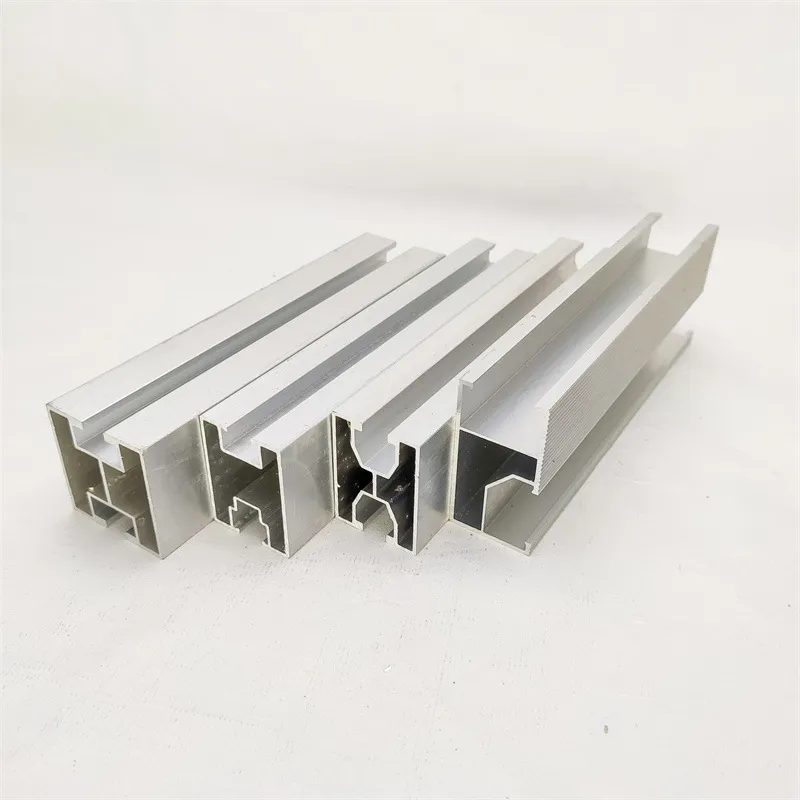

flat washers
نومبر . 04, 2024 01:53 Back to list
flat washers
Understanding Flat Washers Purpose, Types, and Applications
Flat washers are essential components in various mechanical and construction applications. These simple but effective devices are used to distribute loads, reduce friction, and prevent damage to surfaces. Their design, typically a flat disk with a central hole, allows them to serve specific functions in assembly processes and play a critical role in ensuring the stability and integrity of constructions and machines.
The primary purpose of a flat washer is to distribute the load of a fastener such as a bolt or screw over a larger area. This load distribution helps to prevent the fastener from sinking into softer materials, which can lead to material deformation and compromise the joint's integrity. By providing a broader surface area, flat washers minimize the stress on the material, thereby enhancing the lifespan of the joint.
Flat washers come in various materials, including metal, plastic, and rubber, each catering to different environments and applications. Metal washers, made from steel, stainless steel, or aluminum, are commonly used in industries that require high strength and resistance to wear and tear. Stainless steel washers resist corrosion, making them ideal for outdoor applications or environments exposed to moisture. On the other hand, plastic and rubber washers are often employed in applications where insulation or non-conductivity is necessary, such as in electrical systems.
flat washers

There are also different types of flat washers suited for specific functions. For example, fender washers have a larger outer diameter, providing more surface area for load distribution, often used in automotive and construction applications. Lock washers, while not strictly flat, are designed to prevent loosening under vibration. Their unique shape creates tension, keeping the fastener tight even in dynamic environments.
In addition to load distribution, flat washers help in reducing friction and wear between the fastener and the surface being fastened. This is particularly crucial in applications involving moving parts, where friction can lead to increased wear and the eventual failure of components. The presence of a flat washer can mitigate these risks, allowing for smoother operation and longer service life of the machinery involved.
Flat washers are widely used across various industries, including automotive, aerospace, construction, and electronics. In the automotive industry, they play a key role in securing engine components and chassis parts. In construction, flat washers are essential for ensuring the stability of structural connections. Meanwhile, in electronics, they help maintain integrity in circuit board assemblies and other electronic devices.
In conclusion, flat washers may seem like simple components, but they are invaluable in ensuring the efficiency and safety of machinery and structures. Their ability to distribute load, reduce friction, and prevent damage makes them indispensable across numerous applications. Whether you are a DIY enthusiast or a professional engineer, understanding the importance and types of flat washers will enhance your ability to create robust and durable assemblies. As technology evolves, the role of flat washers will undoubtedly continue to grow, adapting to meet new challenges in an ever-changing landscape.
Latest news
-
Hot Dip Galvanized Bolts-About LongZe|High Strength, Corrosion Resistance
NewsJul.30,2025
-
High-Strength Hot Dip Galvanized Bolts - Hebei Longze | Corrosion Resistance, Customization
NewsJul.30,2025
-
Hot Dip Galvanized Bolts-Hebei Longze|Corrosion Resistance&High Strength
NewsJul.30,2025
-
High-Strength Hot-Dip Galvanized Bolts-Hebei Longze|Corrosion Resistance&High Strength
NewsJul.30,2025
-
Hot Dip Galvanized Bolts-Hebei Longze|Corrosion Resistance&High Strength
NewsJul.30,2025
-
Hot Dip Galvanized Bolts - Hebei Longze | Corrosion Resistance, High Strength
NewsJul.30,2025

